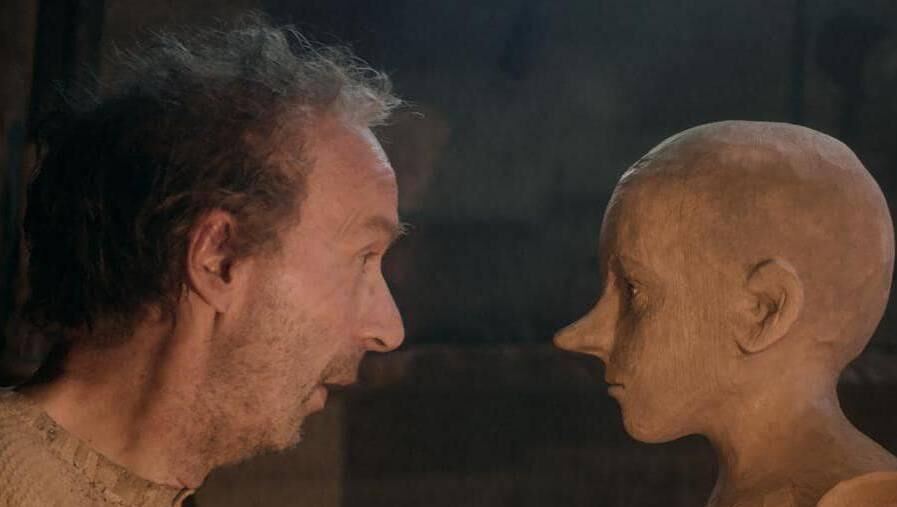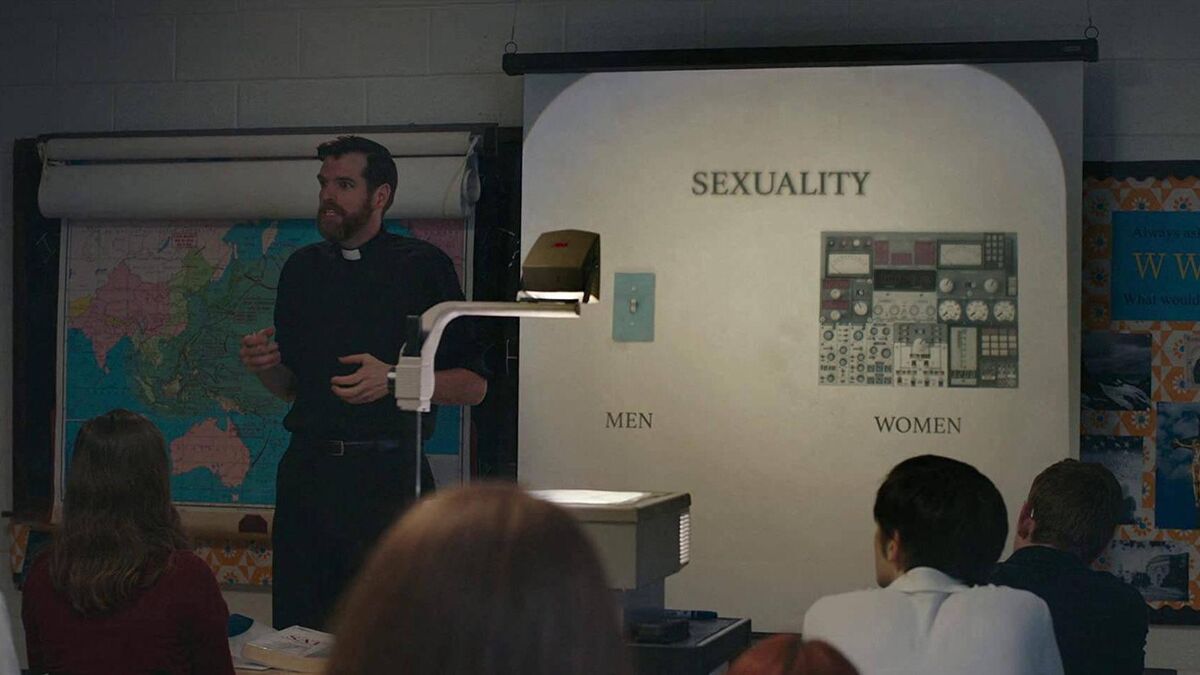From Project Power to Pinocchio - this week's movie reviews

Hollywood’s superheroes tend to unleash their awesome powers in order to protect humanity, but what happens when those powers are used to create a destructive chaos?
(15A) stars Joseph Gordon-Levitt as Frank, a New Orleans detective working undercover to find the dealer behind the new drug, ‘power’, that gives its addicts a five-minute burst of superhuman ability.
When Frank busts the high school student Robin (Dominique Fishback) for selling the drug, the pair set out to track down the mysterious Art (Jamie Foxx), who seems to be the mastermind behind the widespread dissemination of ‘power’.
It’s a strong set-up, with Mattson Tomlin’s script opening as something of an homage to Philip K. Dick’s sci-fi classics in its futuristic blend of drugs, paranoia and conspiracy theories. While the addicts might experience a rush of ‘power’ that temporarily transforms them, they are being turned into addicts by a shadowy consortium with its eye on the prize of long-term power: ‘power’, we’re told, is ‘a drug that can topple governments'.
Directors Henry Joost and Ariel Schulman do full justice to Tomlin’s script, delivering a relentless thriller that segues from one terrific set-piece to another, with the special effects team, led by Ilya Churinov, contributing handsomely to the movie’s thrills and spills. Joseph Gordon-Levitt is in fine form, playing a hardboiled cop with a neat line in Dirty Harry impersonations, while Jamie Foxx is equally solid as the granite-jawed Art, whose complicated backstory drags us ever deeper into the realms of conspiracy theory.
That said, Dominique Fishback lights up the screen every time she appears, giving the vulnerable but endlessly resourceful Robin real emotional depth. Punchy, droll and visually spectacular, Project Power is an adrenaline rush. (Netflix)
Inspired, perhaps, by Disney’s live-action versions of its animated fairytales, (PG) stars Roberto Benigni as Geppetto, an impoverished Italian woodworker who carves a wooden puppet, names it Pinocchio (Federico Ielapi), and is amazed when it comes to life.
With no understanding of how the world works, nor what is expected of him as a dutiful son, Pinocchio immediately runs away, and quickly finds himself at the mercy of a cruel and capricious Fate.
Adapted by Matteo Garrone and Massimo Ceccherini from Carlo Collodi’s classic novel, with Garrone directing, Pinocchio is a delight from start to finish. Despite being confined to the wooden features of a boy carved from a log, and using only his eyes to act, Federico Ielapi is wonderfully expressive as the naive Pinocchio encounters characters good and evil, all the while realising — courtesy of his conscience, the Cricket — that it’s not enough for a boy to behave well, he must also learn to be judicious about how he picks his friends.

The production values are superb, as Dimitri Capauni blends fabulous special effects into a beautifully detailed 18th century world, with our wooden hero encountering an entire menagerie of humanoid foxes and cats, and donkeys, monkeys and whales, while on his travels.
Despite remaining faithful to the expected narrative arc of the fairytale, Matteo Garrone doesn’t stint on the gothic motifs of the European folktale: Pinocchio finds himself an innocent abroad in a rather sinister world, prey to all manner of tricksters, parasites and assassins.
Roberto Benigni is charming as the sad clown Geppetto, Marine Vacth provides strong support as Pinocchio’s guardian angel / good fairy, and young Federico Ielapi is excellent as the wilful and endlessly curious puppet. A brilliantly realised fairytale, Pinocchio is that rarest of films, a genuine treat for all the family. (cinema release)
Set during the early noughties, (15A) stars Natalia Dyer as Alice, a teenage student at a Catholic high school whose very limited sex education is taught in Morality class.

What follows is a rather predictable awakening for Alice, both in terms of her own sexuality and a growing awareness that the Catholic leaders are nowhere as chaste in private as they would like the students to believe, but writer-director Karen Maine gives us a sweet-natured, idiosyncratic coming-of-age comedy nonetheless.
Timothy Simons provides solid support as the bearded padre who believes himself a beacon of liberal understanding, but it’s Natalia Dyer who is central to the film’s charm and its dry, delicate humour: onscreen for virtually the whole movie, Dyer offers a masterclass in understatement, as Alice acknowledges every revelation, setback or embarrassment with barely perceptible reactions that brutally skewer the sexual hypocrisies. (various platforms)


